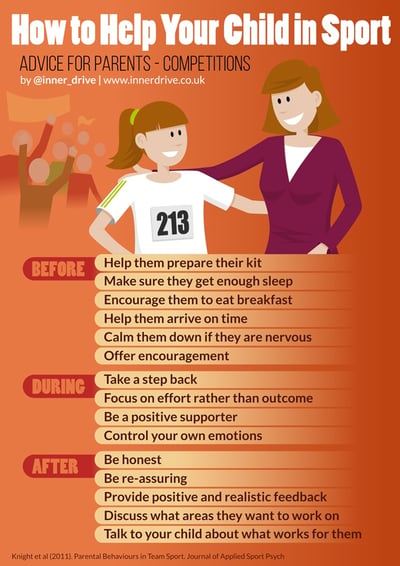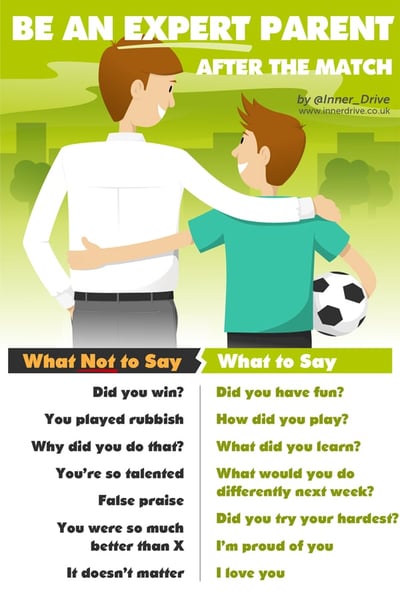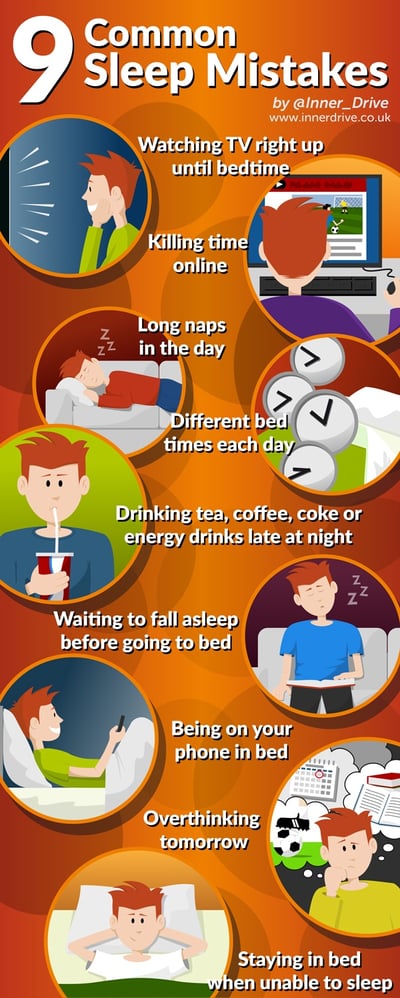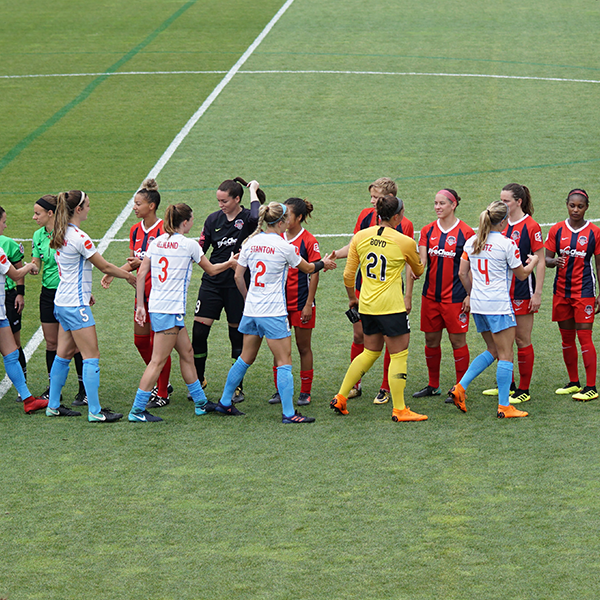For some parents, watching sports on TV may be a reminder to encourage children to pursue sporting passions. But when it comes to youth sport, what does expert parenting look like? We know that parents can have a big impact on how children think and feel before, during and after they compete; so what does the research say are the most useful things parents can say and do?
Dr Camilla Knight and Dr Chris Harwood have studied the role and impact parents can have on youth sport (Dr Knight’s research here and Dr Harwood’s research here). In essence, the aim for parents should be threefold: to help their child relax, enjoy their sport and focus on learning how to get better.
To help parents do this, we have divided the tips below, based on their research, into before, during and after competition:
Before Competition
The night before competition can be stressful for young athletes. We have previously written a blog about ‘What to think about the night before a match’. This is sound advice for children to follow. But what about for parents?
We recommend helping them pack their kit and ensuring they get a good night’s sleep. Not getting enough sleep has been found to reduce mood, creativity and concentration the next day. Talk to them about the importance of getting a good night’s sleep and not making the 9 common sleep mistakes.
In the morning, encourage them to eat breakfast. As well as the physical benefits, eating breakfast improves concentration. You can minimise some potential stress by arriving at the venue with plenty of time (sport can be stressful enough for some, without the added worry of being late).
If they are nervous, do your best to help calm them down. Techniques to do this can include having them picturing their best performance, seeing the game as an exciting opportunity, and by letting them know that everyone gets nervous. We discuss these tips and a few others in more details in our blog, 5 Ways to Manage Nerves.
Don’t worry too much about giving tactical advice. If in doubt about what to say, just offer encouragement and tell them you love watching them play.
Want more content like this? Click here to sign up to our sport psychology weekly newsletter.
During Competition
 Take a step back. Players are there to play. Coaches are there to coach. Parents are there to watch. Think about when you watch your child in the school play – you wouldn’t dream of shouting out mid-performance to tell them how to act. But you would cheer and applaud them at the right times. Apply this philosophy to their sport and you won’t go far wrong.
Take a step back. Players are there to play. Coaches are there to coach. Parents are there to watch. Think about when you watch your child in the school play – you wouldn’t dream of shouting out mid-performance to tell them how to act. But you would cheer and applaud them at the right times. Apply this philosophy to their sport and you won’t go far wrong.
Research from Dr Harwood and Dr Knight suggests that a parent’s ability to manage and control their own emotions impacts on their child’s enjoyment of the game. This may be easier said than done for some, but it can make a big difference.
The final tip during competition is to focus your praise on their efforts as opposed to just the outcome. The outcome can be random and down to luck or chance. Their effort is much more within their own control.
And after all, does it really matter if the U9s win, as long as your child is trying their best, enjoying their sport and learning from the experience? Paradoxically, by not dwelling on the importance of winning or losing, but by putting in effort and learning from their mistakes, they are more likely to win more games anyway in the future.
After Competition
 Children have a pretty accurate bullshit detector. In the research, youth athletes are clear in the sort of feedback they want. If they ask you how they have played, be honest. This doesn’t mean brutal, no-holds-barred critique. Strive for ‘honest and reassuring’, for ‘positive and realistic’. We have previously blogged on the best and worst ways to do this.
Children have a pretty accurate bullshit detector. In the research, youth athletes are clear in the sort of feedback they want. If they ask you how they have played, be honest. This doesn’t mean brutal, no-holds-barred critique. Strive for ‘honest and reassuring’, for ‘positive and realistic’. We have previously blogged on the best and worst ways to do this.
Discussing what areas they want to work on can help them learn from mistakes without any judgement about them not being good enough.
This can help them to reflect, without dwelling on any disappointment. It can help them to refrain from looking back too much, and start looking forward with more conviction and motivation.
Final Thought
During our conversation with Dr Knight, she asked us to stress the importance of talking to your child about what works for them. We think this is a great final tip as each child is different. What works for one may not be right for another. Sport psychology can offer some guiding principles, but it is up to each person to tailor them to best fit their needs.
As the godfather of psychology, William James, said over one hundred years ago, ‘Psychology is a science, and teaching is an art; and sciences never generate arts directly out of themselves. An intermediary inventive mind must make the application by using its originality’
Head over to our handy sport psychology for football guide to improve your football skills.






